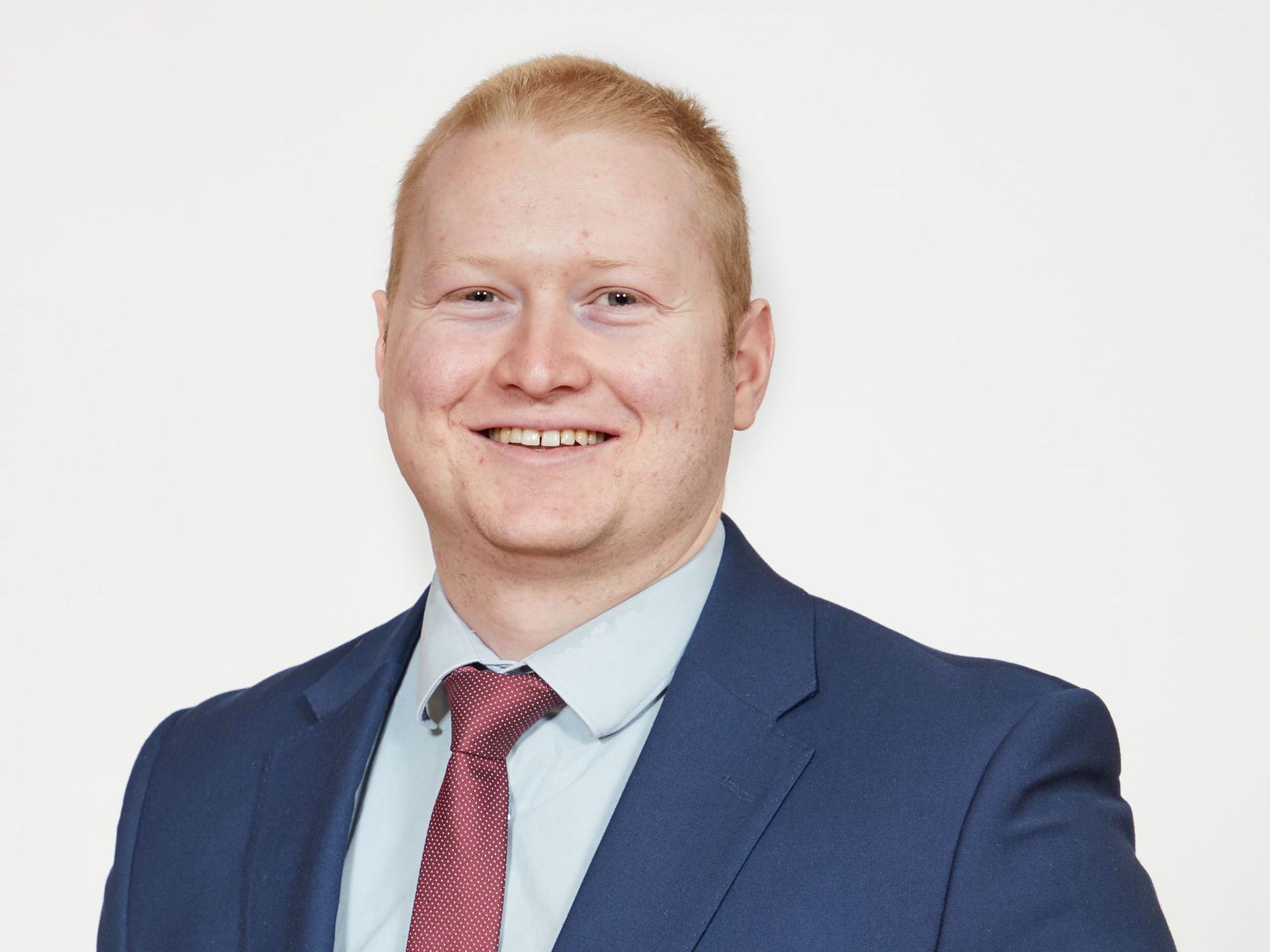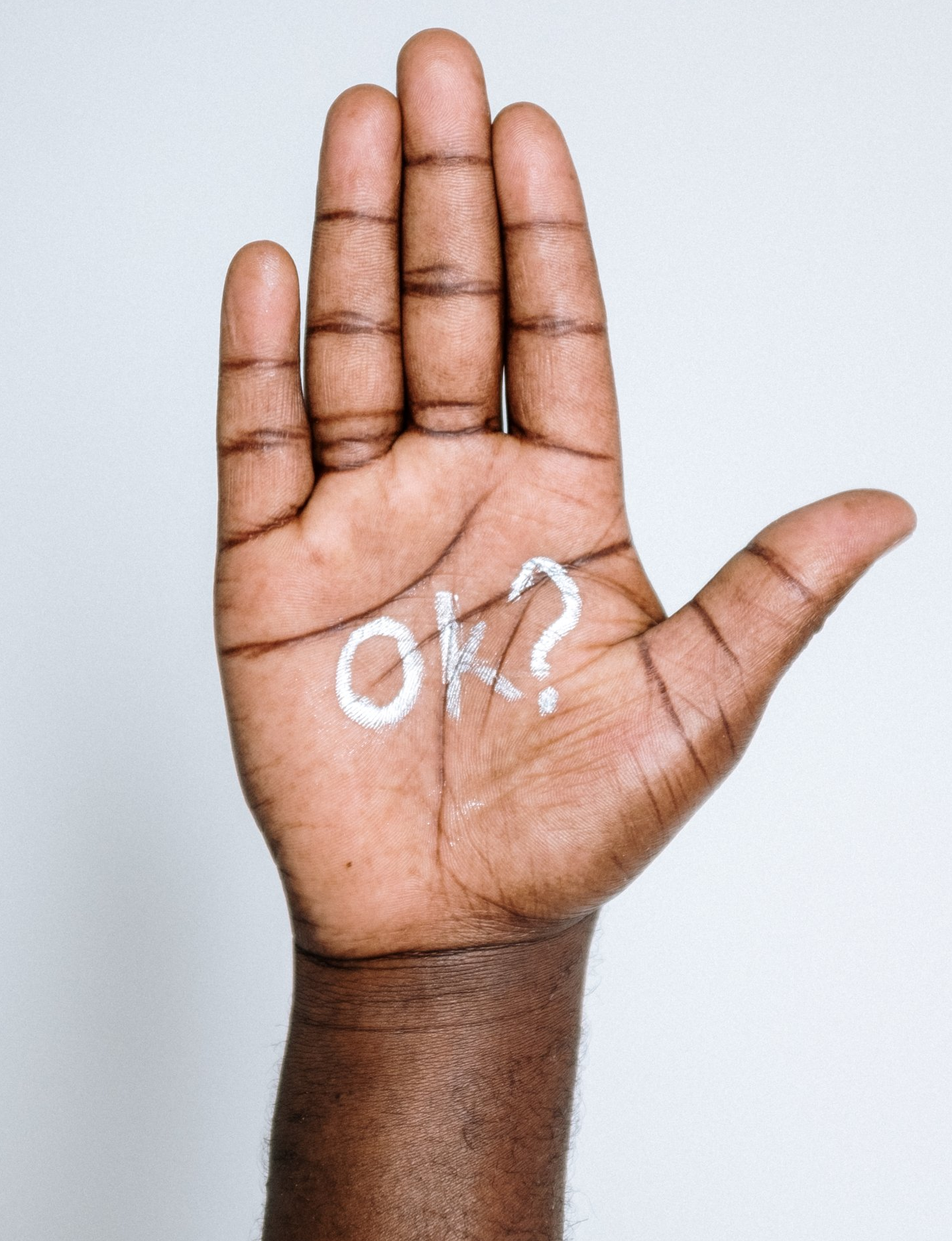Enduring Power of Attorney

We all understand the importance of having a Will but how many of us know
about the importance of having an Enduring Power of Attorney. What would happen if you lose mental
capacity and not able to take control of your finances and/ or make decisions
about your personal care and welfare?
This is when you require an Enduring Power of Attorney (“EPOA”).
What is an Enduring Power of Attorney?
An Enduring Power of Attorney is a legal document where a person (the donor) gives authority to someone (the attorney) to act on their behalf when they are unable to do it themselves.
An EPOA operates when you are still alive but have lost physical and/or mental capacity.
Please be aware that an ordinary Power of Attorney is not the same as an EPOA. A Power of Attorney is used when a donor appoints an Attorney to act for them when they are overseas and uncontactable.
Why do we need an Enduring Power of Attorney?
It is often hard to think about a time when you would not be able to make the decisions you need to, or sign documents that relate to your assets or personal health.
We think that our partner or next of Kin will be able to make decisions for us when we are unable to however, this is not correct. Whether you are 18 years old or have been married for 50 years, if you are injured and or lose mental capacity, your family will not be able to access your bank accounts (held in your sole name) or sell your property to pay for your care. If under this situation you do not have an EPOA, your family will need to apply through the Family Court to access your assets, or to make decisions about your personal care. This can take months and cost thousands of dollars.
Ensuring you have an Enduring Power of Attorney will give you peace of mind that someone you trust will look after your assets and personal wellbeing if you are unable to do so, whether this is temporary or permanent.
How does an Enduring Power of Attorney work?
There are two types of Enduring Power of Attorney:
- Property : This relates to all your assets and financial affairs either tangible or intangible. This can come into effect if you become mentally incapable or still mentally capable but perhaps physically incapable.
- Personal Care and Welfare : This relates to decisions around what happens to your health care requirements while you are incapacitated; for example: whether you require rest home care or further assistance with you care. It is to ensure that a person you trust can make a decision about your care when you can’t.
It is important to understand the differences between these two types, the decisions that would be made under each type and how they work together. For instance, the person you appoint as your attorney for your personal care and welfare may well need to consult with the person you appoint for your property if, for instance, financial support is needed to pay for a care home.
Who can be my Attorney?
1.
EPOA
for Property:
·You can appoint one or more Attorney’s to act together or separately.
·Your Attorney should be someone you Trust.
·Your Attorney must be 20 years old and of sound-mind and not a bankrupt.
2. EPOA for Welfare:
·You can only appoint one person at a time to be your Welfare Attorney.
· Your Attorney must be someone you Trust and who knows you well enough so that they can make decisions for you as if you had made those yourself.
·Your Attorney must be 20 years old and of sound-mind and not a bankrupt.
Once you have decided who will be your attorney(s) you should let your family members know. This helps to avoid confusion should the worst happen.
What is my Attorney’s role?
Fundamentally; the role of your attorney is to promote and protect your best interests, in the event of physical or mental incapacity. The role of a property attorney can include for example paying bills, rolling over term deposits or even selling your house.
How do I set up an Enduring Power of Attorney?
You should set up an EPOA through a lawyer who will discuss exactly how your EPOA will work best for you. The biggest decision you will make is who will be your attorney(s). Remember that there are often cases where the attorney for your personal care and welfare will need to make decisions with the attorney, or attorneys, for your property.
Some things to consider:
·For your Property Attorney appoint two people to act jointly and severally. In this way both Attorneys can consult each other when making decisions which is in your best interest. This will also mean that if one Attorney loses capacity, the other Attorney can continue to act for you.
·Require consultation with others. You can appoint one overall attorney who is the final decision maker, but require them to consult with others for the decisions they make.
When can your EPOA attorney start making decisions for you?
1. EPOA for Property
An attorney’s power under an EPOA for Property can come into effect when you become mentally incapable or before you are considered mentally incapable. This would be useful if you are mentally capable however physically incapable for example; not able to go to the bank.
2. EPOA for Personal Care and Welfare
An attorney’s power under an EPOA for Personal Care and Welfare comes into effect ONLY when you are considered ‘mentally incapable’. You are considered mentally incapable if you are unable to make decisions about your care and welfare, unable to communicate decisions you have made about your care and welfare or unable to see the consequences of those decisions. For minor decisions the attorney can make this assessment themselves, but for significant decisions, for example residential care or a major operation, your attorney must have a medical certificate from a doctor or health professional, stating you have lost capacity.
What happens if you become mentally capable again?
If you lost your mental capacity, perhaps through illness, but you are now well again you can revoke your attorney’s power by giving them notice in writing. This doesn’t cancel the EPOA but your attorney will be unable to make decisions for you without an assessment from a health professional or a ruling from the family court that you are once again mentally incapable. You can also cancel (revoke), vary or suspend an EPOA, but you must be mentally capable to do this.
What next?
If you would like to discuss any of the information above and or set up an Enduring Power of Attorney, please contact Sandy Gilmete at Ward Adams Bryan-Lamb.











